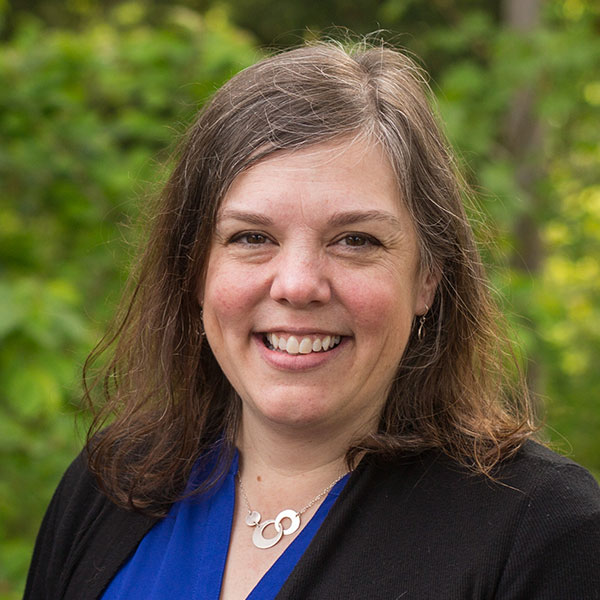University professors often describe themselves as “teacher-scholars.” The hyphenated identity reflects the two fundamental dimensions of a professor’s work: teaching students and engaging in scholarly pursuits. For many academics, these are distinct activities. Like the student-athlete who spends time in the classroom and on the field — but doesn’t juggle a soccer ball in class or write papers during practice — the teacher-scholar at most universities teaches courses and carries out a scholarly research agenda, with little overlap.
At Pacific Lutheran University, the teacher-scholar identity means something different. Yes, faculty members at PLU teach and conduct research. But we also teach through our scholarship, by having students assist us with our research, and we teach students to become scholars, coaching them in their individual scholarly endeavors.
Students across campus have many opportunities to engage in research with faculty mentors. It’s probably easiest to envision a student in a lab coat and goggles, examining the growth of cells in a test tube. That certainly happens at PLU. But so does collaborating to create documentary films in our award-winning MediaLab (such as the Emmy-nominated “Changing Currents: Protecting North America’s Rivers”), mapping and preserving records of the genocide of indigenous people in Guatemala, and studying the spiritual lives of ultra marathon runners. In each of these cases, PLU professors teach through their scholarship and creative work. Assisting a professor with research is “learning by doing” at its finest.
Student-faculty research at PLU also refers to the projects students initiate themselves. PLU students are surrounded by professors who are eager to coach them through their own journeys of self discovery. Our late Provost Rae Linda Brown, who died last month from a rare and aggressive form of cancer, championed these collaborations. She shined a spotlight on the exceptional work already being done across campus by initiating the Undergraduate Research Symposium last spring. Provost Brown’s memory will live on through this annual day-long event highlighting the student-faculty research teams, and the creative work that Lutes will continue to engage in together.
This issue of ResoLute offers a glimpse into this world of educational exchange, which not only informs the scholarship of students and faculty members alike, but also embodies the university’s mission of service to and care for others and the planet. From scholarly research about unethical medical studies targeting marginalized populations to field research on the effects of vessel traffic on whale behavior in Hawaii, faculty members and students featured in this edition dive deeper into the complex topics and issues that extend beyond the borders of PLU’s campus.
Students who participate in research with faculty members develop meaningful relationships with mentors. They are prepared to enter graduate school, begin careers with impressive work experience on their résumés and serve the world with a rich background of demonstrated thoughtful inquiry. These collaborations benefit faculty, as well, and the stories in this magazine showcase the co-learning happening across many departments every day. These joint paths to discovery have far-reaching implications. Research findings are shared in publications and presentations around the world, while creative collaborations enrich the lives of people and their larger communities. These stories are merely a snapshot of the ways in which PLU’s commitment to such collaborations continues to set us apart from our peers.
Joanna Gregson, Acting Provost


